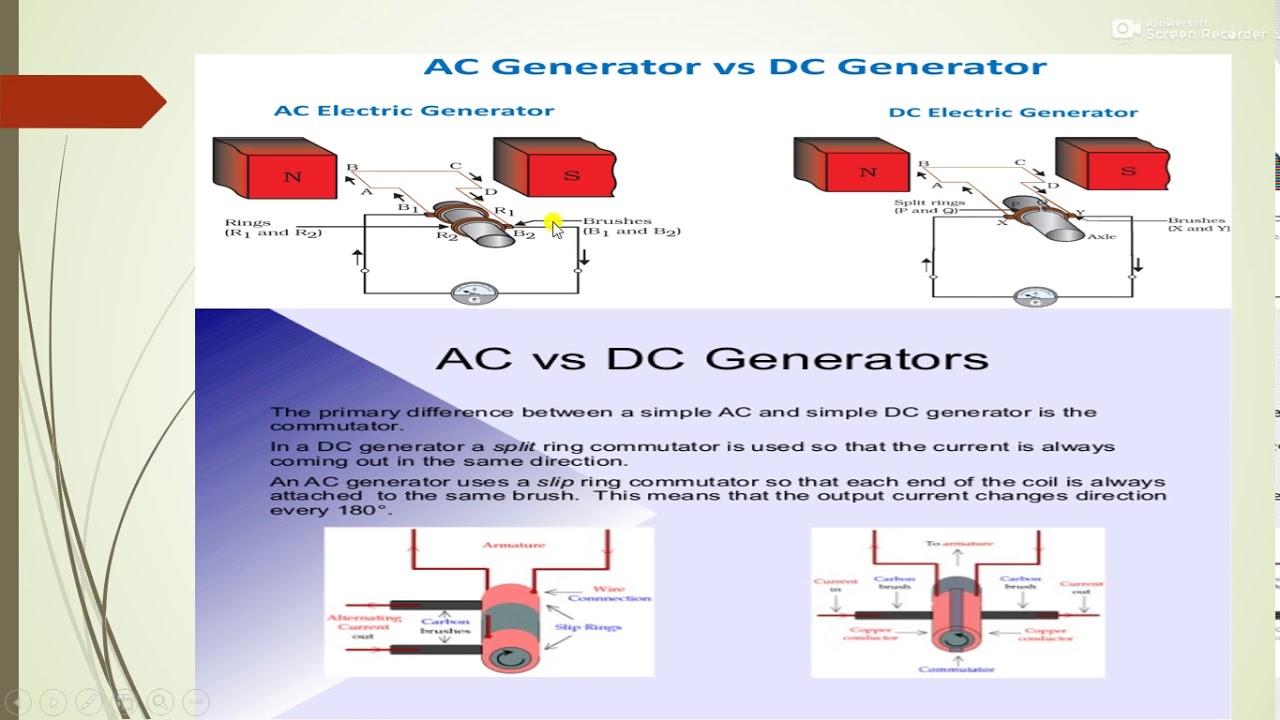3 effects of an electric current – Prepare to be electrified as we dive into the captivating world of electric current and its profound effects. From shaping magnetic fields to triggering chemical reactions and generating heat, electricity plays a pivotal role in our lives and beyond.
In this electrifying exploration, we’ll unravel the mysteries of electric current and its diverse applications, leaving you charged with knowledge and ready to embrace the power of electricity.
Effects of Electric Current on Magnetic Field
Electric current has the unique ability to generate magnetic fields, forming the basis of many electrical devices and technologies. This effect is described by Ampere’s Law, which states that the magnetic field around a current-carrying wire is directly proportional to the current strength.
The strength of the magnetic field is also influenced by the shape and orientation of the current-carrying wire. Coils and solenoids, for instance, enhance the magnetic field by concentrating the current flow.
Practical Applications, 3 effects of an electric current
- Electromagnets:Convert electric current into magnetic fields, enabling the creation of powerful magnets that can be switched on and off as needed.
- Electric Motors:Utilize the interaction between magnetic fields and electric currents to convert electrical energy into mechanical motion.
- Magnetic Resonance Imaging (MRI):Employs powerful magnetic fields and radio waves to generate detailed images of the human body for medical diagnosis.
Effects of Electric Current on Chemical Reactions

Electric current can induce chemical reactions through a process called electrolysis. This involves passing an electric current through a solution containing ions, causing them to migrate and undergo chemical changes.
Electrolysis has numerous industrial applications, such as:
- Electroplating:Deposits a thin layer of metal onto a surface by passing an electric current through a solution containing the metal ions.
- Electrorefining:Purifies metals by removing impurities through electrolysis.
- Production of Chemicals:Uses electrolysis to produce chemicals such as hydrogen, chlorine, and sodium hydroxide.
Chemical Reactions Induced by Electric Current
- Water Electrolysis:Decomposes water into hydrogen and oxygen gases.
- Copper Electroplating:Deposits a layer of copper onto a metal surface from a copper sulfate solution.
- Chlorine Production:Produces chlorine gas from a sodium chloride solution.
Effects of Electric Current on Temperature: 3 Effects Of An Electric Current
Electric current can generate heat through a process called Joule heating. This occurs when an electric current encounters resistance in a conductor, causing the electrons to collide with atoms and release energy in the form of heat.
The amount of heat produced is directly proportional to the square of the current strength and the resistance of the conductor.
Practical Applications, 3 effects of an electric current
- Incandescent Light Bulbs:Heat a tungsten filament to incandescence, producing light.
- Electric Heaters:Utilize resistive elements to generate heat for space heating and appliances.
- Electric Arc Furnaces:Generate intense heat for melting and refining metals.
Closing Notes
As we reach the end of our electrifying journey, it’s evident that electric current is not just a force of nature but an indispensable tool that has revolutionized countless industries and aspects of our daily lives. Its ability to manipulate magnetic fields, drive chemical reactions, and generate heat has paved the way for groundbreaking technologies and advancements.
Remember, electricity is a powerful force to be respected, and understanding its effects is crucial for harnessing its potential safely and effectively. So, let’s continue to explore the fascinating world of electricity and its endless possibilities.
FAQ Guide
What are the practical applications of the magnetic field generated by electric current?
Electric motors, generators, MRI machines, and loudspeakers all utilize the magnetic field generated by electric current.
How does electric current induce chemical reactions?
Electric current can break down chemical compounds into their constituent elements through a process called electrolysis, which is used in industries like metal refining and electroplating.
What is the relationship between electric current and heat production?
Electric current flowing through a conductor generates heat due to resistance, which is the basis for electric heaters, stoves, and incandescent light bulbs.